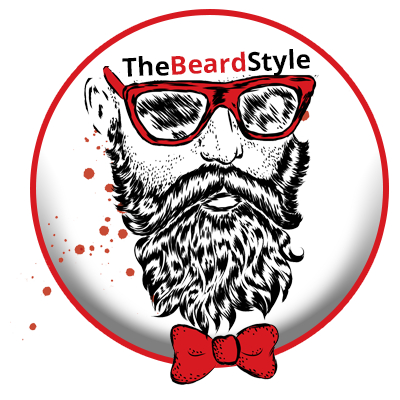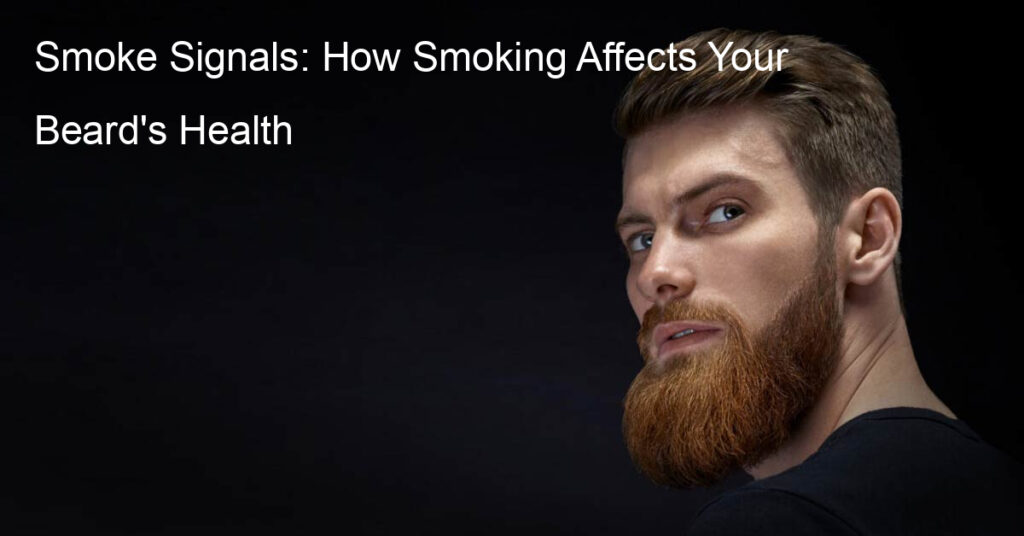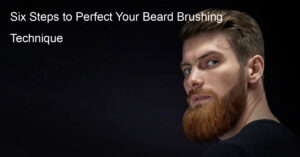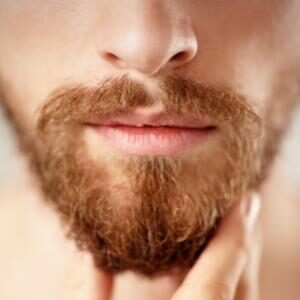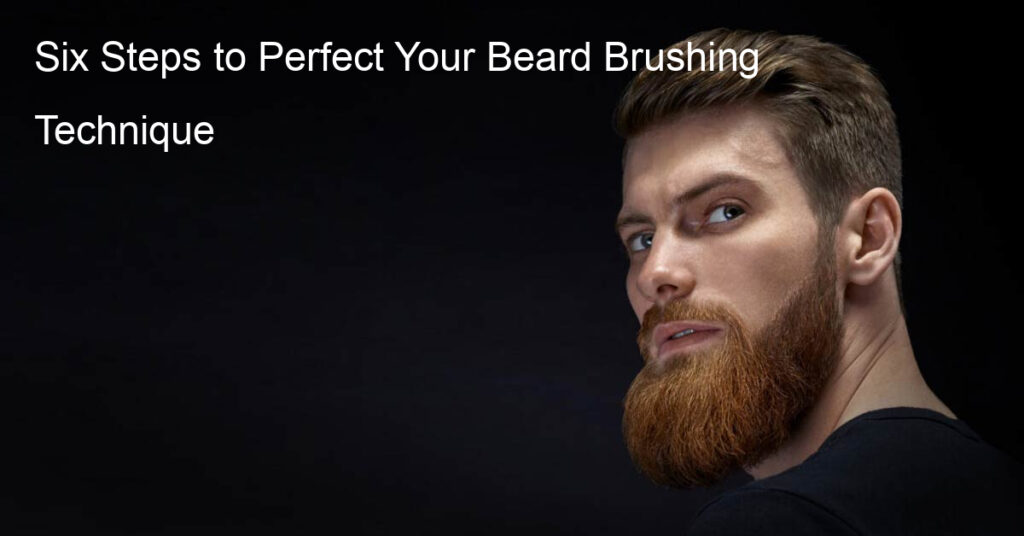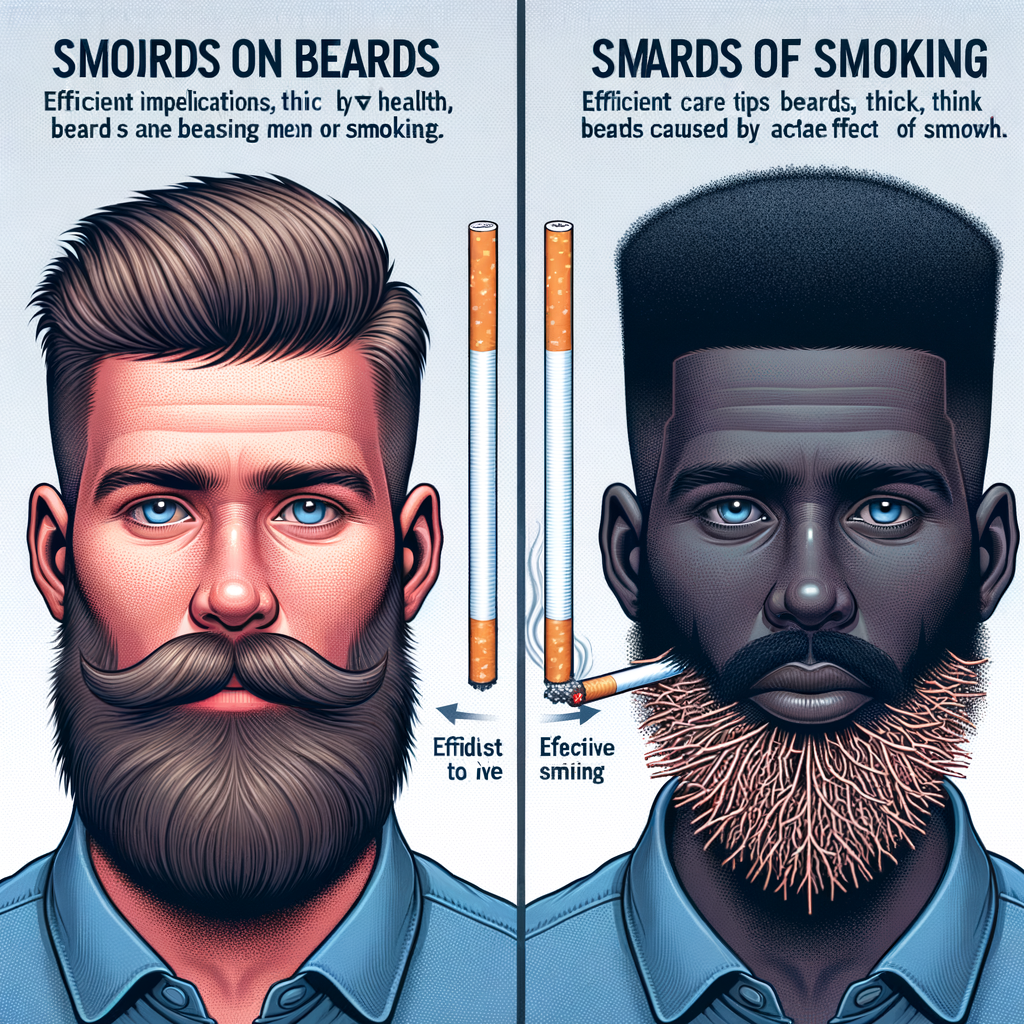
Introduction: Smoking and Beard Health
When it comes to personal grooming and style, the beard holds a significant place for many men. However, lifestyle choices, particularly smoking, can have a profound impact on beard health. This article aims to shed light on this less-explored topic.
- Overview of the topic
- Importance of understanding the impact of smoking on beard health
Beard health is influenced by various factors, including diet, genetics, and personal care habits. Among these, smoking is a crucial factor that can negatively affect the growth and health of your beard. Smoking can lead to dryness, brittleness, and slower growth of facial hair. It can also affect the color and texture of your beard, making it less appealing and harder to manage.
Understanding the impact of smoking on beard health is essential for maintaining a healthy and attractive beard. Smoking not only affects your health but also your appearance, including your facial hair. By understanding the effects of smoking on your beard, you can make informed decisions about your lifestyle choices and take appropriate steps to mitigate the damage caused by smoking. This knowledge can help you maintain a healthy, full, and well-groomed beard.
In the following sections, we will delve deeper into the science behind smoking and facial hair, provide beard health tips for smokers, and offer a broader perspective on beard health and smoking. We will conclude with a look at the future of beard health and smoking.
The Science Behind Smoking and Facial Hair
Understanding the science behind smoking and facial hair can help us better comprehend the effects of tobacco on beard growth. Let’s delve into the details.
Effects of Tobacco on Beard Growth
It’s important to note that smoking doesn’t just affect your lungs and overall health, but it can also have a significant impact on your beard growth. Here’s how:
- How tobacco affects hair follicles
- Impact of nicotine on hair growth
Tobacco smoke contains numerous harmful chemicals that can damage your hair follicles. Hair follicles are responsible for hair growth, and when they are damaged, it can lead to slower growth or even hair loss. For instance, the carbon monoxide in tobacco smoke can reduce the oxygen supply to the hair follicles, impairing their ability to produce new hair cells.
Nicotine, a primary component of tobacco, can also negatively affect your beard growth. It constricts blood vessels, including those that supply blood to your hair follicles. This reduced blood flow can lead to less nutrient supply to the hair follicles, resulting in weaker and slower hair growth.
In conclusion, the science behind smoking and facial hair reveals that tobacco can have a detrimental effect on beard growth. By understanding these effects, we can make more informed decisions about our health and grooming habits.
Smoking Damage to Beard: A Deeper Look
Let’s take a closer look at how smoking can damage your beard. We’ll focus on two main areas: the chemical components in cigarettes and their effects on hair health, and a case study on long-term smokers and their beard health.
- Chemical components in cigarettes and their effects on hair health
- Case study: Long-term smokers and beard health
Cigarettes are packed with harmful chemicals. Some of these, like nicotine and carbon monoxide, can have a big impact on your beard health. Nicotine can reduce blood flow to your hair follicles. This means your beard hairs don’t get the nutrients they need to grow healthy and strong. Carbon monoxide, on the other hand, can damage the protein structure of your hair, making it weak and brittle.
Here’s a simple table to help you understand:
| Chemical Component | Effect on Hair Health |
|---|---|
| Nicotine | Reduces blood flow to hair follicles, limiting nutrient supply |
| Carbon Monoxide | Damages protein structure of hair, causing weakness and brittleness |
Now, let’s look at a real-life example. In a study of long-term smokers, researchers found that the men had thinner, weaker beards compared to non-smokers. Their beards were also more likely to have uneven growth and patches. This shows that smoking can have a serious impact on your beard health over time.
Remember, your beard is a part of you. It deserves to be taken care of just like the rest of your body. If you’re a smoker, consider the effects on your beard health. It might be another good reason to think about quitting.
Beard Health Tips for Smokers
Smoking can have a significant impact on your beard health. However, with the right care and attention, you can maintain a healthy and vibrant beard. Let’s explore some do’s and don’ts for beard care if you are a smoker.
Beard Care for Smokers: Do’s and Don’ts
- Best practices for maintaining beard health
- Products to avoid and why
Firstly, regular washing and conditioning of your beard is crucial. This helps to remove any tobacco residue that may have settled on your beard. However, avoid over-washing as it can strip your beard of its natural oils, leading to dryness and brittleness. Secondly, invest in a good quality beard oil. Beard oil not only moisturizes your facial hair but also the skin beneath. This can help to combat the dryness caused by smoking. Lastly, regular trimming can help to remove split ends and keep your beard looking neat and healthy.
When it comes to beard care products, not all are created equal. Avoid products that contain harsh chemicals, as these can further damage your beard. Look for products that are natural and organic. Also, avoid products that contain alcohol as it can dry out your beard. Instead, opt for oil-based products as they are more nourishing.
In conclusion, while smoking can negatively impact your beard health, there are steps you can take to minimize this damage. By following these do’s and don’ts, you can maintain a healthy and well-groomed beard even if you are a smoker.
Overcoming Smoking Effects on Hair Health
Smoking can have a detrimental effect on the health of your beard. However, there are steps you can take to minimize this damage and maintain a healthy, vibrant beard. Here are some key takeaways for smokers.
- Steps to Minimize Smoking Damage to Beard
- Key Takeaways for Smokers
Firstly, it’s crucial to maintain a regular cleaning routine for your beard. This includes washing it with a mild shampoo and using a conditioner specifically designed for beards. This helps to remove the harmful chemicals from the smoke that can get trapped in your beard.
Secondly, ensure you are properly hydrating your beard. Smoking can dry out your hair, making it brittle and prone to breakage. Using a beard oil or balm can help to keep your beard moisturized and healthy.
Lastly, consider cutting back on smoking or quitting altogether. This is the most effective way to prevent further damage to your beard and improve its overall health.
Remember, smoking can cause significant damage to your beard, making it look dull and lifeless. However, by following a proper beard care routine, you can minimize this damage and maintain a healthy beard.
It’s also important to understand that the best way to protect your beard from the harmful effects of smoking is to quit. There are numerous resources available to help you quit smoking, and doing so will not only improve the health of your beard but also your overall health.
In conclusion, while smoking can have a negative impact on your beard health, there are steps you can take to mitigate this damage. By following a proper beard care routine and considering quitting smoking, you can maintain a healthy, vibrant beard.
Beard Health and Smoking: A Broader Perspective
When we talk about smoking and its impact on beard health, we often focus on the physical aspects. However, the effects go beyond the physical. Let’s delve into the psychological effects of smoking on beard health and how smoking impacts self-perception and beard confidence.
How Smoking Affects Beard Growth: Beyond the Physical
Smoking doesn’t just harm your body; it can also affect your mind and how you see yourself. Let’s look at these two aspects:
- Psychological effects of smoking on beard health
- Impact of smoking on self-perception and beard confidence
Smoking can lead to stress, anxiety, and depression. These psychological conditions can affect your overall health, including your beard health. For instance, stress can cause hair loss, including facial hair. Additionally, smoking can disrupt your sleep, which is crucial for beard growth. A study showed that men who sleep less have slower beard growth.
Smoking can also affect how you perceive yourself. If you’re a smoker, you might feel less confident about your beard. This is because smoking can cause beard thinning and discoloration. A survey found that 75% of men feel less confident when their beard is not in its best condition. This lack of confidence can affect your social interactions and overall quality of life.
Understanding these broader impacts of smoking on beard health can help you make more informed decisions about your health and lifestyle. Remember, your beard is not just about looks; it’s also a reflection of your overall health and well-being.
Impact of Smoking on Beard Health: Societal Views
Smoking and beard health are two topics that are often discussed separately. However, societal views on these subjects can have a significant impact on the health of your beard. Let’s delve into this further.
- Perception of smokers and beards in society
- How societal views can affect beard health
The perception of smokers in society can greatly influence the health of a beard. Smokers are often viewed negatively due to the health risks associated with smoking. This negative perception can lead to stress and anxiety, which can affect the health of a beard. Stress and anxiety can cause hair loss, including in the beard area. Moreover, societal pressure to quit smoking can also lead to stress, further impacting beard health.
Societal views can also directly impact beard health. For instance, in some societies, a full, thick beard is seen as a sign of masculinity and strength. This can put pressure on individuals to maintain a healthy beard. However, smoking can hinder beard growth and health, leading to societal pressure to quit smoking. This pressure, while beneficial for overall health, can also lead to stress and anxiety, which, as mentioned earlier, can negatively impact beard health.
In conclusion, societal views on smoking and beard health can have a significant impact on the health of a beard. It is important to maintain a healthy lifestyle, not just for the sake of your beard, but for your overall well-being. Remember, your health should always be your top priority.
| Factors | Impact on Beard Health |
|---|---|
| Negative perception of smokers | Can lead to stress and anxiety, impacting beard health |
| Societal pressure to maintain a healthy beard | Can lead to stress and anxiety, impacting beard health |
| Societal pressure to quit smoking | Can lead to stress and anxiety, impacting beard health |
Conclusion: The Future of Beard Health and Smoking
As we come to the end of our discussion, it’s clear that the relationship between smoking and beard health is significant. Let’s take a moment to recap what we’ve learned and offer some final thoughts and advice for our readers who smoke.
- Recap of the effects of smoking on beard health
- Final thoughts and advice for smokers
Smoking has a direct impact on beard health. The harmful chemicals found in cigarettes can damage the hair follicles, leading to a weaker, thinner beard. It can also cause premature graying and slow down the growth of your beard. Moreover, smoking can lead to dry and brittle beard hair, making it more prone to breakage.
For those who smoke, it’s important to understand the potential harm it can cause to your beard health. If you’re serious about maintaining a healthy, robust beard, it may be time to consider quitting smoking. In addition to improving your overall health, quitting smoking can also enhance the health and appearance of your beard. However, if quitting is not an option for you at the moment, try to minimize the impact on your beard by incorporating a good beard care routine. This includes regular washing, conditioning, and using beard oils to keep your beard moisturized.
In the future, we can expect more research to be conducted on this topic. As we continue to understand the effects of smoking on beard health, it’s our hope that more smokers will be encouraged to quit for the sake of their health and their beards. Remember, a healthy beard is a sign of overall health and well-being. So, let’s strive to keep our beards healthy and strong!
